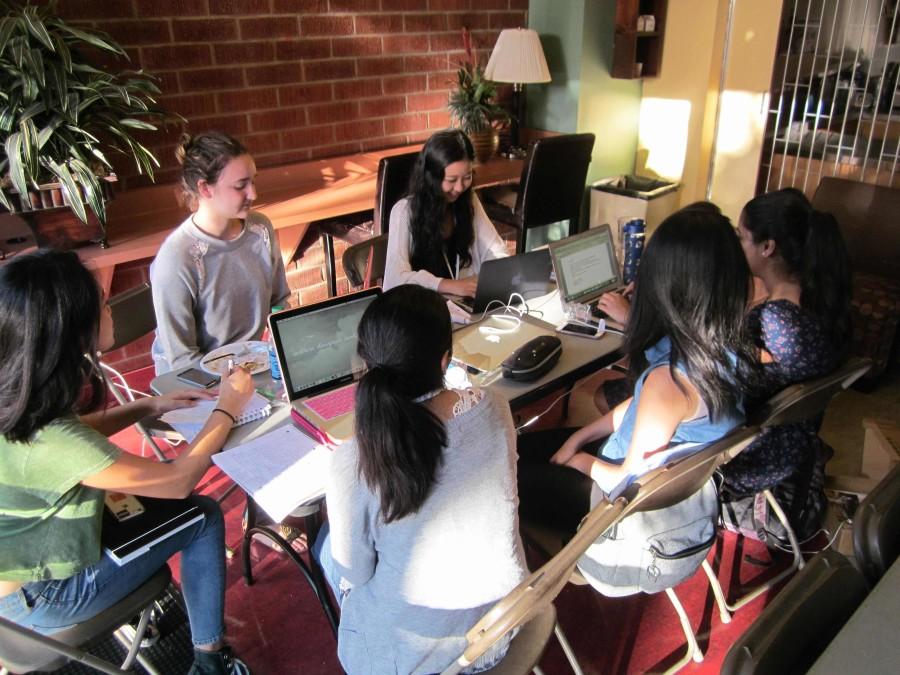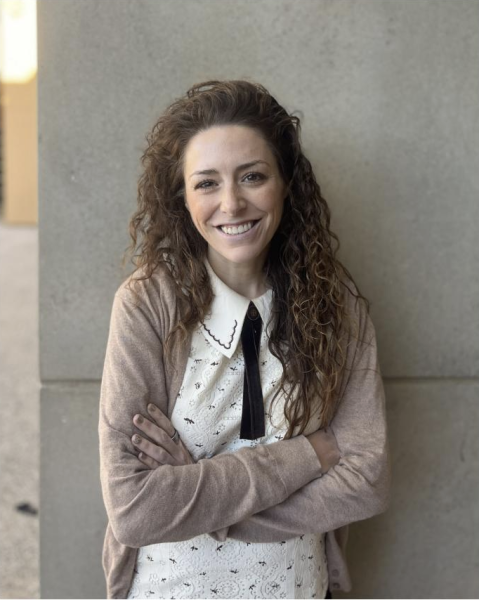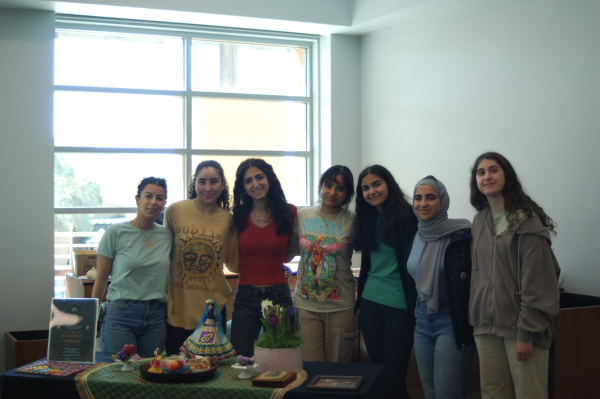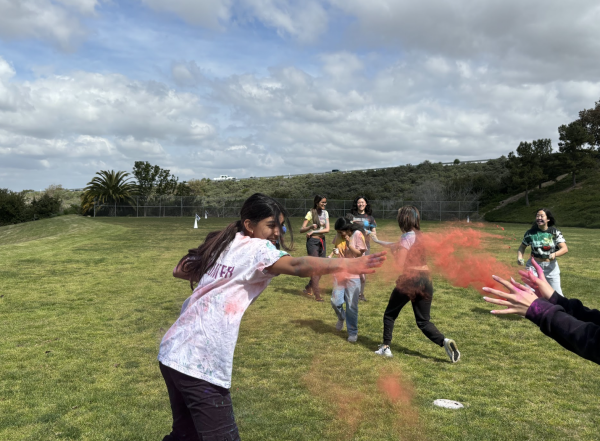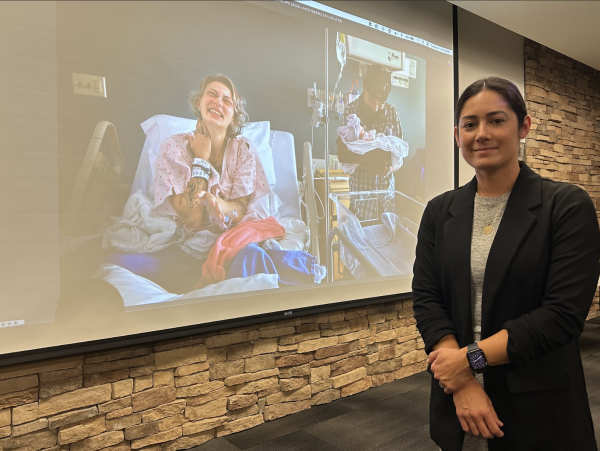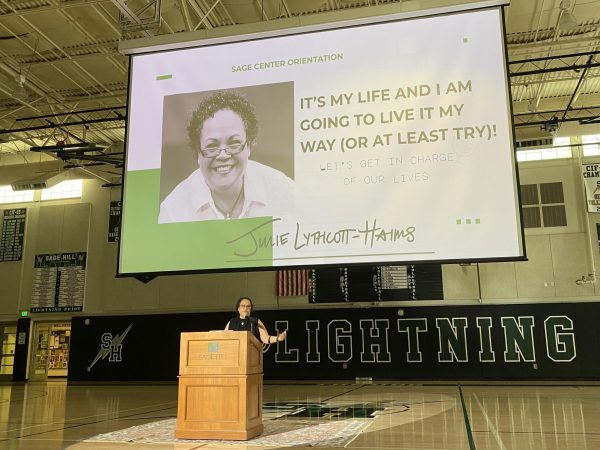Blame the Internet
We believe that finance and ethics belong in the world of business, not high school journalism. But Scott Martindale, former reporter from the OC Register, explained to a room full of high school journalists from newspapers2 at CSULB what they mean to a world with exciting new frontiers in online news.
“As readers age and young people replace them, we don’t know the fate of newspapers. Newsrooms belong to the young people,” Martindale said. “I started on the OC Register in 2006.The online version was an added bonus we had to learn how to use.The shift from print to online was a fundamental shift in what we were doing.”
Martindale left his life as a reporter behind in order to pursue a more lucrative profession in communications at the Southern California Coastal Water Research Project Authority.
“You can’t make as much money doing online as you can doing print. You should start breaking news online as fast as you can. If something is 24 hours old, it is no longer on our home page,” Martindale said. “The newspaper makes money through print advertising. 90 percent of its revenue is print. Only 10 percent is from online. Advertisers don’t know how to transfer the costs,” he said.
Martindale acknowledged the fact that journalism is no longer what it used to be, with older journalists complaining that sensational stories are unethically written as “clickbait.” However,the new demand for speed does not eliminate the need for authenticity when covering news.
“With online ads, you must get lots of clicks. We want to tell stories that people want to click on,” Martindale said. “Is this experimental model of online journalism eroding the moral standards? From an old-time perspective, it is.The model is contrary to rigorous ethical standards.”
While Martindale doubted the direction of the future of online news, he highlighted the value of traditional journalistic principles to the young audience. Despite job instability in the field of journalism, he acknowledged that print journalism in schools remains popular because of both the nostalgia and credibility associated with having a newspaper in hand.
“The most fundamental advice is to be inquisitive and to be curious,” Martindale said. “Journalism is an opportunity to learn a lot about the world, talk to really interesting people every single day and change the community and the ways things happen.”

